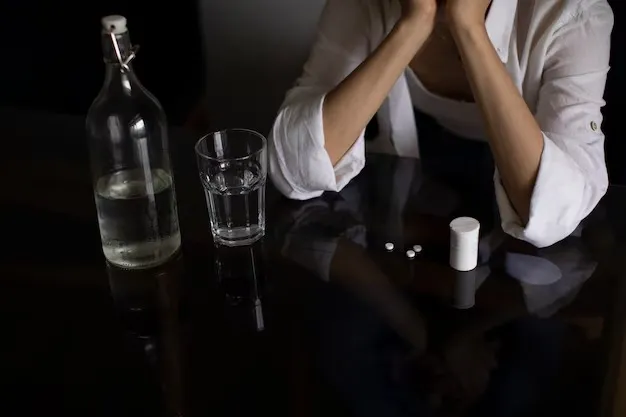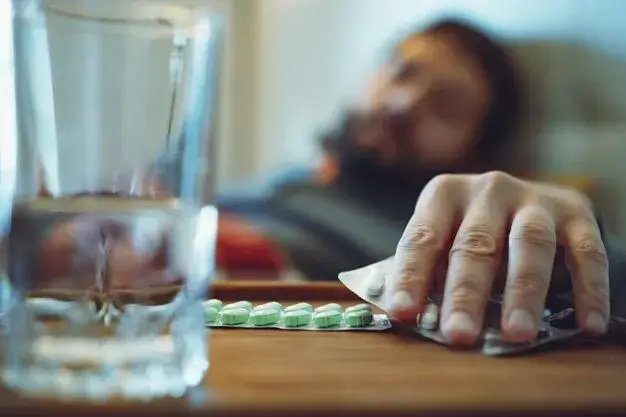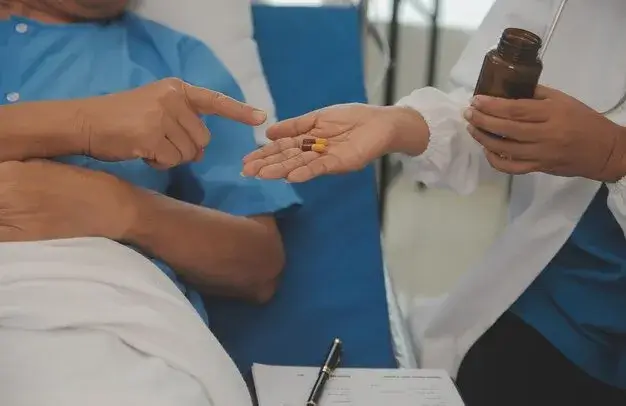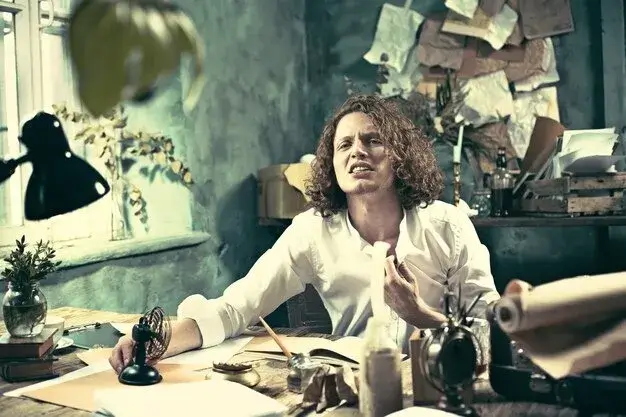هل يوجد علاج سريع للإدمان؟ فهم رحلة العلاج وطريق التعافي
Addiction is a complex issue that affects both individuals and society as a whole. Family members often ask the pressing question: ‘Is there a quick cure for addiction?’ or ‘When will my child recover?’ Unfortunately, the truthful answer may be disappointing for some: addiction is not a disease that can be treated quickly. It is a long-term condition that requires time and effort for complete recovery. It is essential to understand that treatment is not merely about medication or a single therapy session; it is a lengthy process that necessitates multiple interventions and ongoing support from family and professionals. What is Addiction? Addiction is a medical condition that affects both the mind and body, leading an individual to rely continuously on a specific substance or behavior to the extent that they cannot stop, despite recognizing the health, psychological, and social risks involved. This makes treatment more complicated, as it involves not only removing the addictive substance from the body but also addressing the psychological and social factors that contributed to the addiction in the first place. Is There a Quick Cure? Unfortunately, there is no quick cure for addiction. This notion, promoted by some online sources or unreliable information, can do more harm than good. Effective treatment requires a comprehensive approach that includes: The Addiction Treatment Journey: How Does It Start? The treatment for addiction is a process that requires patience and commitment. It begins with setting goals and working toward them step by step. Here are the main stages that an individual struggling with addiction must go through to achieve full recovery: Detoxification Phase The first step in the addiction treatment journey is detoxification, where the addictive substances are removed from the addict’s body. This stage is often one of the most challenging, as the individual experiences painful physical and psychological withdrawal symptoms. Therefore, it is crucial for this phase to be supervised by medical professionals to ensure the safety of the addict and mitigate the severity of symptoms. Withdrawal symptoms vary depending on the type of addiction and the duration of substance use, but they commonly include: These symptoms may last for several days or even weeks, making this phase critical. Managing withdrawal symptoms is the primary goal during this stage, often achieved through medications that help alleviate discomfort and provide psychological support. Psychological Therapy After completing the detoxification phase, the individual enters the next stage of treatment: psychological therapy. This is a vital part of the recovery process, as it helps the individual understand the psychological and underlying reasons that led to addiction. Through therapy sessions, the individual learns how to cope with the psychological and emotional pressures that may have driven them to addiction. Psychological therapy can be individual or group-based and includes various techniques, such as: Social Support Social support is a critical factor in the success of addiction treatment. After completing psychological therapy, individuals need to reintegrate into society and begin building a new life without reliance on addictive substances. Family and friends play a vital role in providing this support. The individual needs an encouraging and supportive environment to maintain recovery and avoid relapse. Family and friends can contribute significantly by: Developing New Skills A significant part of recovery involves learning new skills that help the individual face life without reliance on addictive substances. These skills include: Learning these skills helps individuals enhance their quality of life and adapt to a drug-free existence, thus reducing the chances of relapse. Factors Contributing to Successful Treatment: What Does the Individual Need? Obstacles the Individual May Face in the Recovery Journey While recovery is possible, numerous obstacles can hinder an individual’s ability to continue treatment. Among these challenges are: Is There a Permanent Cure? While there is no quick cure for addiction, individuals can achieve a state of sustained recovery. This means they can live a healthy and productive life without reliance on addictive substances but must always be prepared to face the challenges and pressures that may lead to relapse. Permanent treatment requires a lifelong commitment, continued support from family and professionals, and learning how to manage life without dependence on drugs. The ultimate goal of treatment is for individuals to live a life filled with inner peace, happiness, and psychological stability. Conclusion Addiction is a complex disease that requires time and effort for complete recovery. There is no quick or magical solution, but with commitment, patience, and the right support, individuals can overcome this problem and begin anew. The recovery journey is not easy, but each step in the right direction brings the individual closer to healing. Patience and support are the foundations of any successful treatment, and we must always remember that everyone deserves a second chance for recovery and to live with dignity.









